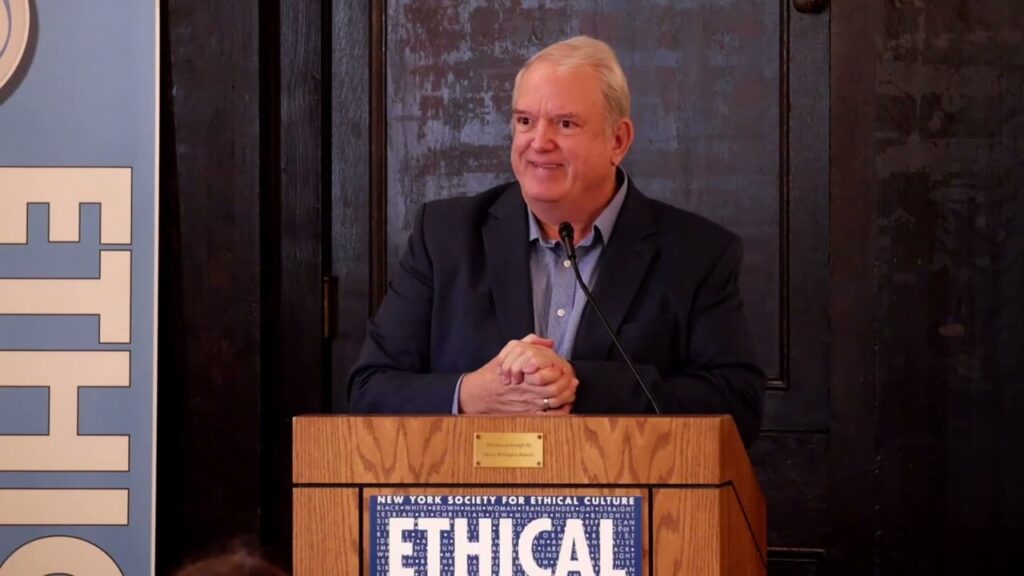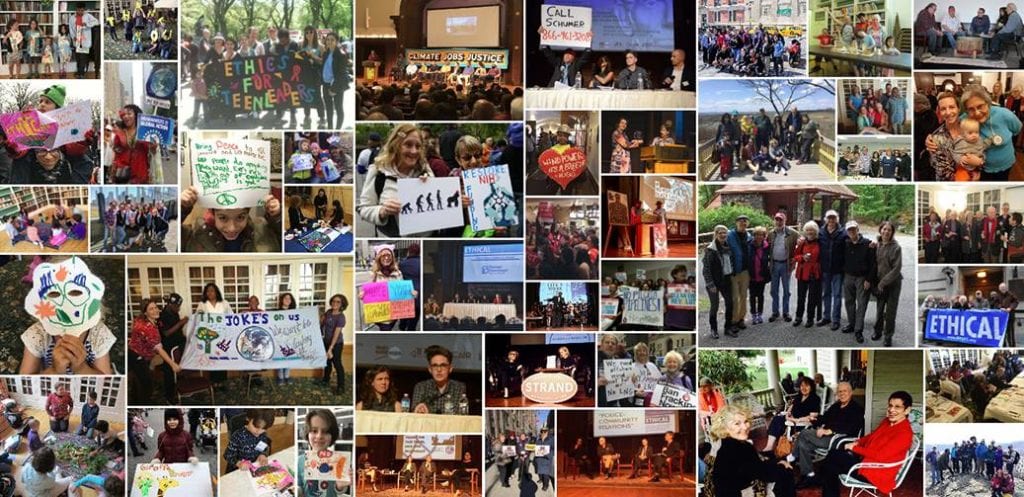
When my daughter was born, I “time-traveled” back to all the consciousness-raising sessions on my college campus, Equal Rights Amendment rallies in Washington, DC, “Take Back the Night” walks in Manhattan, and Planned Parenthood house meetings in Brooklyn. There were myriad marches, petitions, and conferences. I hoped that my daughter would grow up in a world that recognized her equality with her brother, that they could meet life’s challenges with the same opportunities, and, for the most part, my hopes have been realized. Both children earned college degrees; it was the economic downturn, not her gender, that prolonged my daughter’s search for work. But I still worry more about my daughter’s safety than my son’s because I know that her gender makes her more vulnerable. We still haven’t taken back the night for women, and our rights continue to be threatened, especially during this presidential campaign.
Women’s rights are not guaranteed throughout our nation. Because there is no ERA, individual states can pass laws that restrict our freedom. The 14th amendment, ratified in 1868, states in section 1: “All persons born or naturalized in the United States, and subject to the jurisdiction thereof, are citizens of the United States and of the state wherein they reside. No state shall make or enforce any law which shall abridge the privileges or immunities of citizens of the United States; nor shall any state deprive any person of life, liberty, or property, without due process of law; nor deny to any person within its jurisdiction the equal protection of the laws.” It was understood to grant equal protection and suffrage to former slaves – African-American men, and – with the word “male” in section 2 – to explicitly exclude women.
Nonetheless, Susan B. Anthony registered to vote in Rochester, NY, and cast her vote in the presidential election of 1872, for which she was arrested and convicted. She refused to pay bail, but a judge released her anyway when another judge set a new bail, and the first one paid it. The United States v. Susan B. Anthony, which she lost, is a milestone case of how the Constitution does not apply to women.
Here’s another milestone case: In 1886, the Supreme Court ruled, in Santa Clara County v. Southern Pacific Railroad Company, that corporations are “persons” under the 14th amendment. It still has not recognized women, not completely. It took the 19th amendment, ratified in 1920, to give women the right to vote, but suffrage was the only right we gained. Corporations enjoy more protections from state laws due to “personhood” than women do. It makes a difference where a woman calls home. And, should a Republican be elected president, her freedom would be threatened throughout the nation, not only in terms of reproductive choice, but also basic health care. Last month’s battle between Planned Parenthood and Susan G. Komen won’t be the last time that conservative politicians practice misogyny.
And what if a woman decides to start a family? As Dina Bakst, a lawyer and founder/president of A Better Balance: The Work and Family Legal Center, recently wrote, “Few people realize that getting pregnant can mean losing your job. Imagine a woman who, seven months into her pregnancy, is fired from her position as a cashier because she needed a few extra bathroom breaks. Or imagine another pregnant employee who was fired from her retail job after giving her supervisors a doctor’s note requesting she be allowed to refrain from heavy lifting and climbing ladders during the month and a half before her maternity leave.” And yet that’s just what is happening here in New York State and other states because there is a gap between discrimination laws and disability laws.
This gap could easily be filled by the Equal Rights Amendment or a Supreme Court that would apply the “personhood” of the 14th amendment to women. We comprise the majority of humankind, yet minority rules apply to us. Every hard fought step towards equality is never completely won; we must be vigilant and safeguard it.







